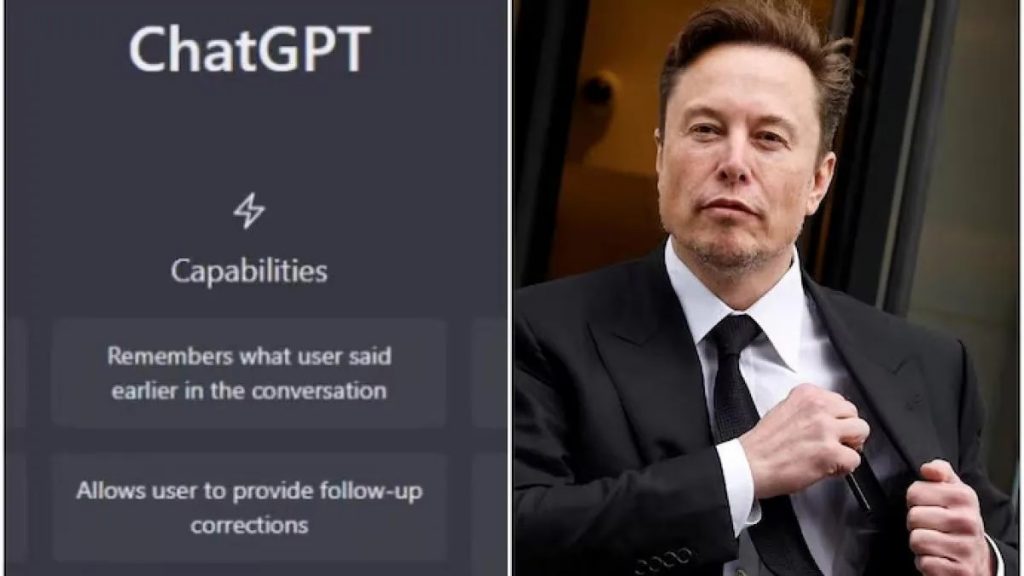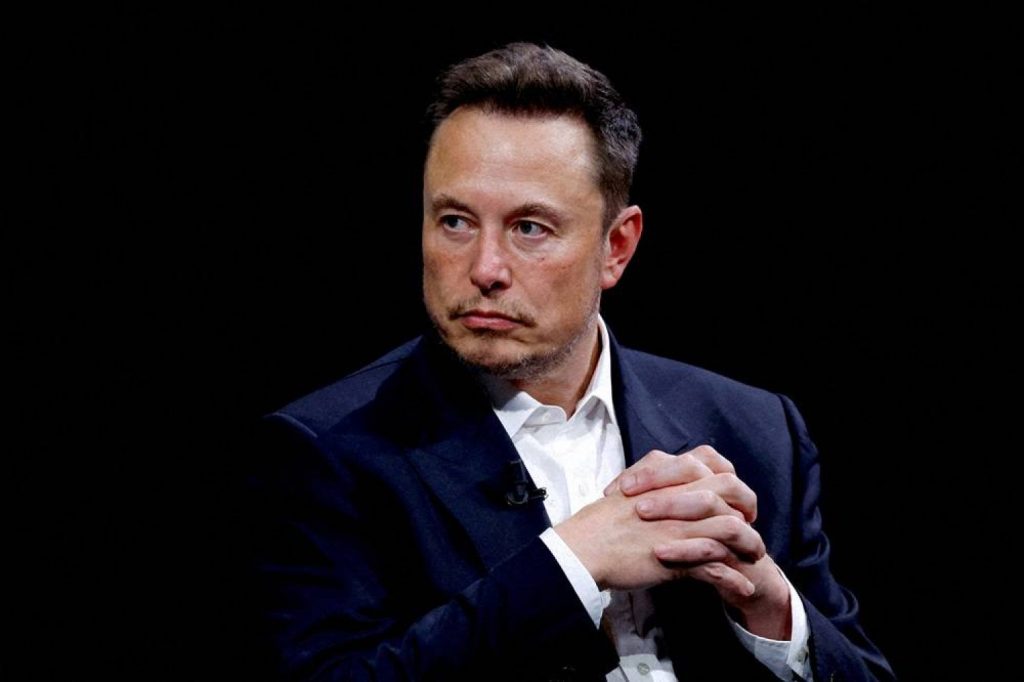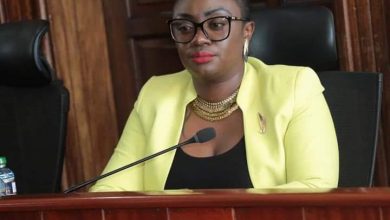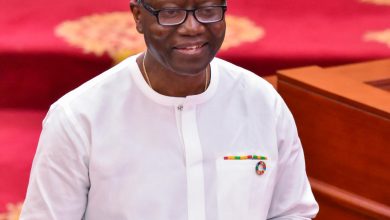
OpenAI responded to Elon Musk’s recent lawsuit against the company, revealing several emails from Musk dating back to the early days of OpenAI.
These emails suggest that Musk acknowledged the need for substantial funding to support the company’s ambitious AI projects.
In one email from November 22, 2015, Musk emphasized the necessity of raising more than $100 million to sustain the company’s operations, proposing a $1 billion funding commitment.
However, Musk allegedly did not fulfill his promise, contributing only $45 million while other donors raised $90 million.
In a February 1, 2018, email, Musk reportedly suggested that the only viable path forward for OpenAI was for Tesla, his electric car company, to acquire it.
Despite Musk’s proposal, OpenAI declined the offer, leading to Musk’s departure from the company later that year.
Additionally, in December 2018, Musk expressed concerns about OpenAI’s relevance, stating that the company would require billions of dollars annually to remain viable.
Subsequently, OpenAI executives agreed on the need for a significant change in execution and resources.
OpenAI’s response further highlights the company’s evolution into a for-profit entity, OpenAI LP, which experienced substantial growth, reaching a valuation of $90 billion within a few years.
Microsoft’s involvement with a $13 billion commitment further solidified OpenAI’s position in the industry.

Musk’s lawsuit alleges that OpenAI’s partnership with Microsoft violates the company’s founding charter, constituting a breach of contract.
He is seeking a jury trial and requesting reimbursement of profits received by OpenAI, CEO Sam Altman, and co-founder Greg Brockman.
Despite the legal dispute, OpenAI maintains that it remains committed to its original mission of addressing the potential threats of artificial generative intelligence (AGI) and ensuring the safety of its products.
The company emphasizes that its technology continues to positively impact people’s lives while rejecting any divergence from its founding principles.
“We’re sad that it’s come to this with someone whom we’ve deeply admired—someone who inspired us to aim higher, then told us we would fail, started a competitor, and then sued us when we started making meaningful progress towards OpenAI’s mission without him,” OpenAI stated in its blog post.
Source-CNN




